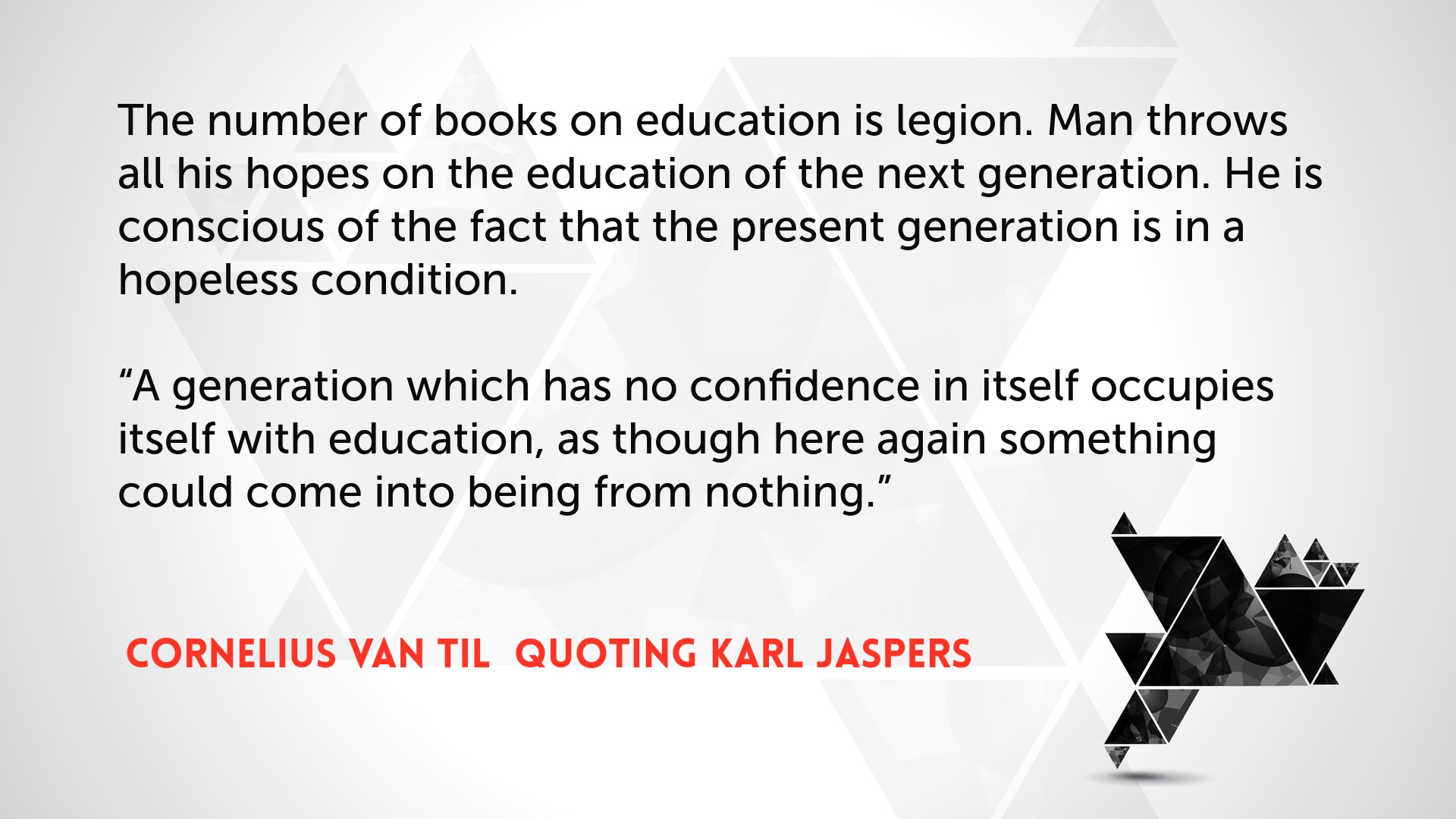“False affections, if they are equally strong, are much more forward to declare themselves, than true: because it is the nature of false religion, to affect show and observation; as it was with the Pharisees.
That famous experimental divine, Mr. Shepherd, says, A Pharisee’s trumpet shall be heard to the town’s end; when simplicity walks through the town unseen. Hence a man will sometimes covertly commend himself (and myself ever comes in), and tells you a long story of conversion; and a hundred to one if some lie or other slip not out with it. Why, the secret meaning is, I pray admire me. Hence complain of wants and weaknesses: Pray think what a broken-hearted Christian I am.” [Parab. of the Ten Virgins. Part I. pages 179, 180.]
And holy Mr. Flavel says thus: “O reader, if thy heart were right with God, and thou didst not cheat thyself with a vain profession, thou wouldst have frequent business with God, which thou wouldst be loath thy dearest friend, or the wife of thy bosom should be privy to. Religion doth not lie open to all, to the eyes of men. Observed duties maintain our credit; but secret duties maintain our life. It was the saying of a heathen, about his secret correspondency with his friend, What need the world be acquainted with it? Thou and I are theatre enough to each other. There are enclosed pleasures in religion, which none but renewed spiritual souls do feelingly understand.” [Flavel’s Touchstone of Sincerity, Chap. II. Sect. 2.]
Jonathan Edwards, A Treatise Concerning Religious Affections: In Three Parts … (Oak Harbor, WA: Logos Research Systems, Inc., 1996).

